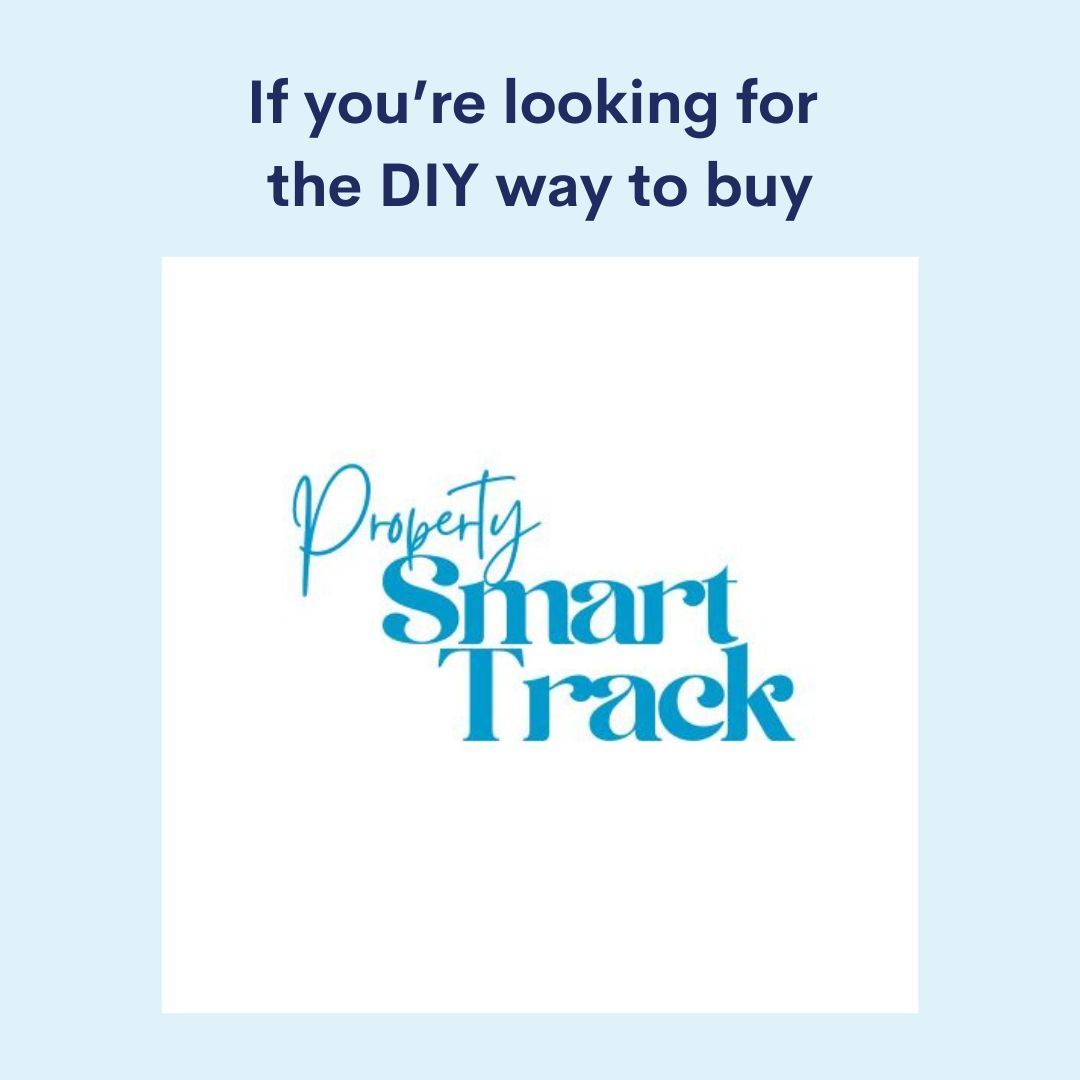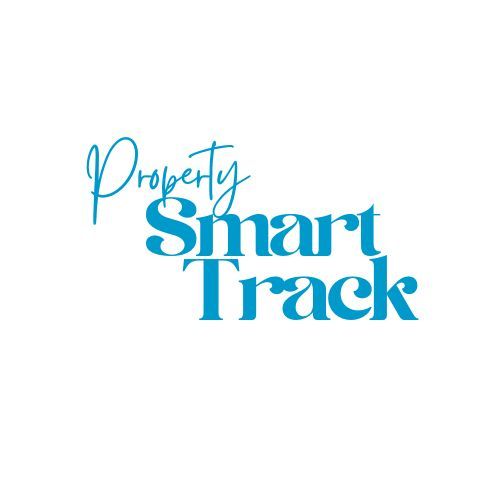The Pick-Pocket Tax With the Sinister Sting

Let's have a round of applause for the NSW and ACT Governments. They have figured out a way to make signing up to one of the most sinister taxes sound like you're getting a great deal.
What am I talking about? Land Tax. But if you're a First Home Buyer (FHB) the term you'll see on your invoices is 'Property Tax' after the State + Territory Governments' marketing spin.
Let's start at the beginning
Land Tax is certainly nothing new, and has been used throughout civilization by the powerful to control the powerless. Without going into too much detail - the Sheriff of Nottingham's Land Tax approach inspired Robin Hood to become a criminal . . and hero in the end
Skip to Australia in the present day - 2023 - and Land Tax is a tool State and Territory Governments use to control and influence Australian property owners. To clarify . . Land Tax isn't a federal tax. The Federal Government has a pool of other taxes they can use and leverage, including Capital Gains Tax.
The State/Territory Governments control Land Tax in two key ways. Firstly by making assessments of the value of the land your property sits on (known as the unimproved value) and secondly by controlling the amount of tax you are required to pay each year. In a bid to supposedly 'encourage' property owners to sell their property, State / Territory Governments adjust the land tax payments as they see fit . . usually every year.
Make it complex
As more Australians become property investors – usually because they want to take control of their financial future and avoid having to 'rely on the government' for their retirement income – State / Territory Governments have begun to tinker with Land Tax legislation.
For example, in 2022, the Qld Government decided they would take into account all properties owned by an individual Australia-wide instead of only calculating Land Tax on the holdings each owner had in Qld.
Many of you will recall this was swiftly squashed and didn't progress because the other States and Territories wouldn't share their data . . AND . . the move caused investors to withdraw from the Qld market, which decreased the supply of rental properties.
Currently we're left with a sticky mix of rules and regulations with some States introducing a different scheme for privately owned properties versus properties owned in a company or Trust structure. >> See here for the current thresholds and payments for each State and Territory.
While the current situation is not ideal, at least – for now – we can understand the rules and make decisions around the regulations.

Sinister grab
And now we come to the 'new' Property Tax which has been introduced in NSW to replace payment of stamp duty at the point of purchase. Let's set aside the abysmal scheme the ACT introduced a few years ago in their bid to switch from using stamp duty and force all property buyers into paying the annual tax.
A pause here to explain a point. 'Governments' and 'economists' will tell you stamp duty is a bad tax because they say it restricts supply and property movement. What they really mean is stamp duty is a bad tax for the Government because it's 'lumpy' . . when the market is good, governments live it up on bulk payments, but when the market is bad government income suffers.
Governments want a constant flow of funds, so they can plan and control their balance sheets. Using Land Tax instead of stamp duty means they're not at the mercy of property market activity. It also means they will have more influence over property owners because they can collect more funds easily by increasing the percentage of tax they will collect each year - aka Sheriff of Nottingham style.
Impacts on the most vulnerable
And so, NSW is making their run at pushing property owners into paying an annual tax. The sinister way they're going about it is to make the annual 'Property Tax' look more attractive than paying the extreme amount of stamp duty required up front.
Basically, this makes 'stamp duty' the villain instead of the real criminal . . the Government.
The NSW Government has actually sent out 'how to' guides for agents to help them explain the benefits. They have calculators to 'help' first time buyers - the most vulnerable of all - make their choice.
If you're still with me at this point and you're a first home buyer or know someone who is – please consider the following points.
-
Remember – you aren't required to pay any stamp duty in NSW if you purchase a property for under $650,000, and there are discounted rates of stamp duty up to property values of $800,000 – strangely this fact seems to have been left out of the calculators and media comparisons.
-
If you're in the position to buy a property over $800,000, know there will be a big hit to your annual fee if you need to travel or work in a different location and therefore need to rent the property out – in most cases your annual payments will multiply jumping from $1,900 per year to $7000 per year on a property with a land value of $500,000.
-
When trying to do any comparisons between the Property Tax versus stamp duty, add a significant buffer as the current caps won't stay in place . . Governments have a stellar track record for increasing the percentage of tax you're required to pay. Even the communication about the Property Tax states increases will occur annually.
-
Allow for the base value of your property to increase – for example land values (not just property prices) in Sydney jumped by more than 26% in the July 2022 Valuer General's estimates. This will mean the annual Property Tax amount you need to pay will increase exponentially. For example, next year instead of paying Property Tax on $500,000, you will pay on a base of $550,000 if values increase by 10%.
-
If you choose the Property Tax, you will be giving the Government more control over your property – because they can just choose to take a sneaky couple of extra $thousand from you – year by year – until you just have to sell.
What does this mean for you?
When considering any property decision - either a purchase or a sale - ensure you think further than just the purchase or sale price. Property can be deceptively complex, and legislation is changing all the time. Of course, once you have the full knowledge of all the pros and cons, then it's much easier to optimise your next steps.
If you want some help making your next great property decision . . let me know. You can book in for a Property Clarity Call here. I will try to get back to my shorter - and more positive - updates from next week onwards.
About the Author
Debra Beck-Mewing is the CEO of The Property Frontline and Editor of Property Portfolio Magazine. With over 20 years of experience buying property across Australia, Debra is a skilled property strategist and buyers agent known for uncovering tailored opportunities — from family homes to multi-use investments.
She has deep expertise in advanced strategies including renovations, granny flats, sub-division, and development. A Qualified Property Investment Advisor (QPIA®), licensed real estate agent, and holder of a Bachelor of Commerce and Master of Business, Debra combines strategic insight with hands-on experience.
Debra is the creator of the Property Smart Track™ – Australia’s only interactive, in-the-moment support system for property buyers, designed to help buyers cut through the chaos and buy with confidence. She also leads Buy Like A Genius™, a premium end-to-end buyers’ agency service for busy professionals seeking expert property acquisition without the stress.
As a passionate advocate for greater transparency in the property and wealth industries, Debra is a sought-after speaker, author, podcast host, and participates on numerous committees including the Property Owners’ Association.
Download your guide
Start Buying - Stop Crying
There’s plenty of opportunities if you’re trying to buy a property in the current market, and the news gets better if you qualify for financial assistance packages.
DON'T GUESS, STRESS OR OVERPAY
Learn how to turn the market in your favour no matter where it heads next, by using the tips included in our guide.
We hate SPAM. We will never sell your information, for any reason.






